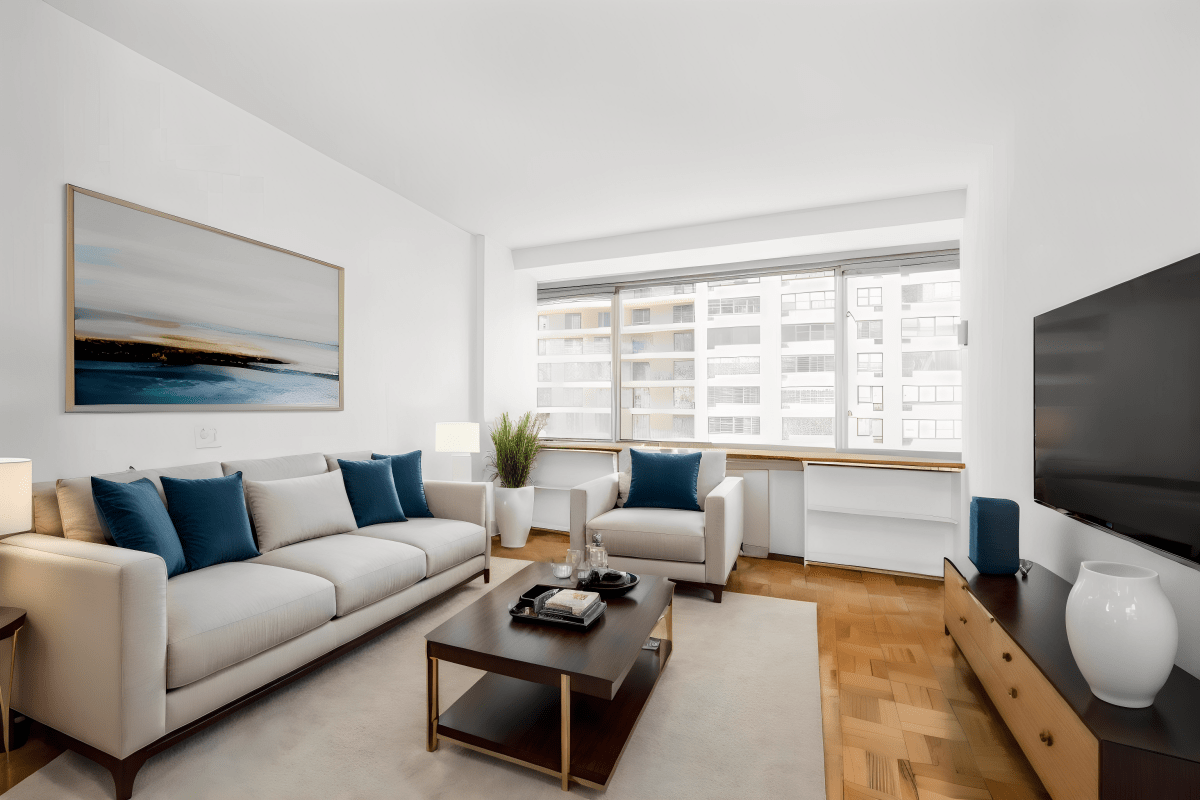House staging has long been an important aspect of the real estate industry. However, traditional methods of physically staging a house before listing it can be both costly and time-consuming. Enter Virtual Staging AI, a startup utilizing generative artificial intelligence to revolutionize the staging process.
Part of Harvard Innovation Labs, Virtual Staging AI already boasts 4,500 monthly paid subscribers and is poised to transform the world of real estate and staging. Within just 10 months, the startup has achieved $1 million in annual recurring revenue and churns out over half a million renders per month.
Co-founder and CEO Michael Bonacina shared with TechCrunch how his initial search for an apartment in Boston, while preparing to attend Harvard, sparked the idea for the company. He stumbled upon a listing that allowed viewers to imagine the space furnished, and with his interest in computer vision, sought to enhance this experience and make it more accessible for realtors.
After participating in a startup research and development course, Bonacina teamed up with fellow Harvard student Mikhail Andreev to create Virtual Staging AI. Their goal was to provide a solution for real estate professionals and home sellers to save time and money.
The startup’s tool allows Realtors to add furniture to images of empty rooms within seconds. Instead of showcasing empty rooms in listings, the tool generates realistic images of furnished rooms. Realtors can easily transform an empty room into a bedroom, living room, office, playroom, and more.
Realtors can also use the tool to remove existing furniture from images and replace it with different pieces. For example, if an image contains mismatched furniture, Virtual Staging AI can seamlessly remove it and replace it with more modern options.
And the best part? If you’re not satisfied with the result, you can easily make revisions until you’re completely happy with the virtual staging.
Bonacina is aware that there are many AI tools on the market for generating images, but firmly believes that none can effectively be applied to the unique needs of real estate and virtual staging. He explains, “If you put an empty room into DALL-E, it might turn the window into a wall painting, or it might add an additional door or something. That’s obviously misrepresenting the property. Something very specific to the needs of real estate is required.”
In contrast to other generative AI tools, Virtual Staging AI’s model is capable of analyzing the 3D structure of a room and understanding the location of floor, roof, mirrors, and doors. Based on the Realtor’s preferences, the AI model then selects the most suitable furniture options.
While it’s possible for Realtors to hire professionals to digitally stage a room using tools like Photoshop, Virtual Staging AI offers a more cost-effective and efficient solution. The startup’s most affordable plan starts at just $12 per month and includes rendering for six photos, while the most expensive plan offers 250 photos for $69 per month.
Bonacina also emphasizes the importance of creating a user-friendly tool, particularly for an audience where the median age is 60, according to the National Association of Realtors. Virtual Staging AI is dedicated to making staging accessible to all Realtors.
Although the startup has yet to secure external funding, Bonacina and Andreev have pooled together $250,000 from personal funds and support from friends and family to get the project off the ground.
As technology continues to advance, the world of real estate is constantly evolving. Virtual tours and virtual showings are now commonplace, and it’s no surprise that artificial intelligence is also making its mark in this industry, just as it has in healthcare and robotics.








